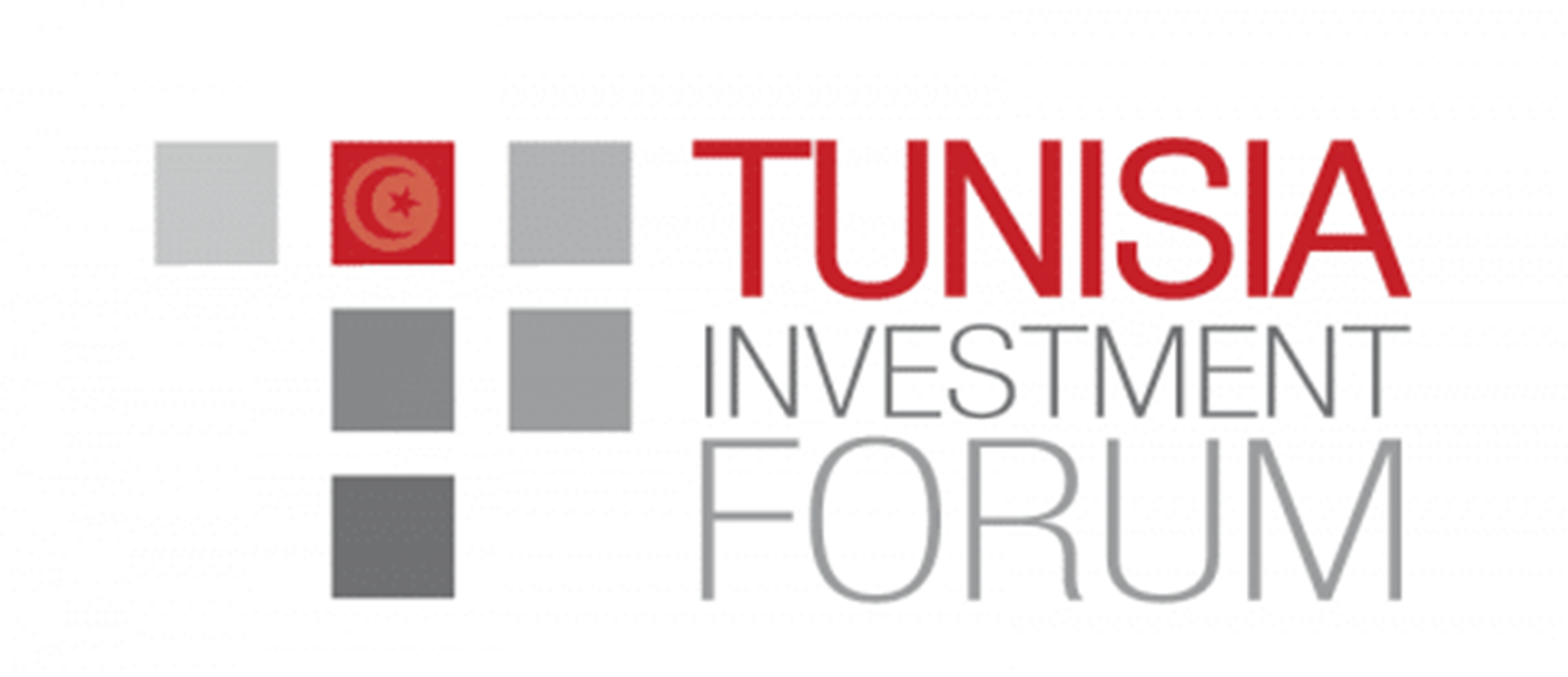Menu



FIPA-Tunisia 2024. All rights and photo credits reserved Numeryx Tunisia
Download the report: Tunisia-CountryRiskReport BMI, affiliated to the Fitch rating group, recently published its quarterly report for the second quarter of 2024, entitled “Tunisia Country Risk ReportIncludes 10-year forecasts to 2033”, offering an in-depth analysis of the economic and political situation in the country. According to the report’s projections, real GDP growth in Tunisia is […]
SuiteThe Organization for Economic Cooperation and Development (OECD) publishes a semi-annual report on international direct investment (IDI) in the world…
SuiteThe Global Economic Forecasts is a quarterly publication produced by Euromonitor International, a world-renowned consulting firm that strives to provide information on upcoming trends in the international market…
SuiteThe new UNCTAD publication “Global Investment Trends Monitor” published in January 2023 draws up an inventory of global foreign direct investment (FDI) for the year 2022 and forecasts their prospects for 2023…
Suite